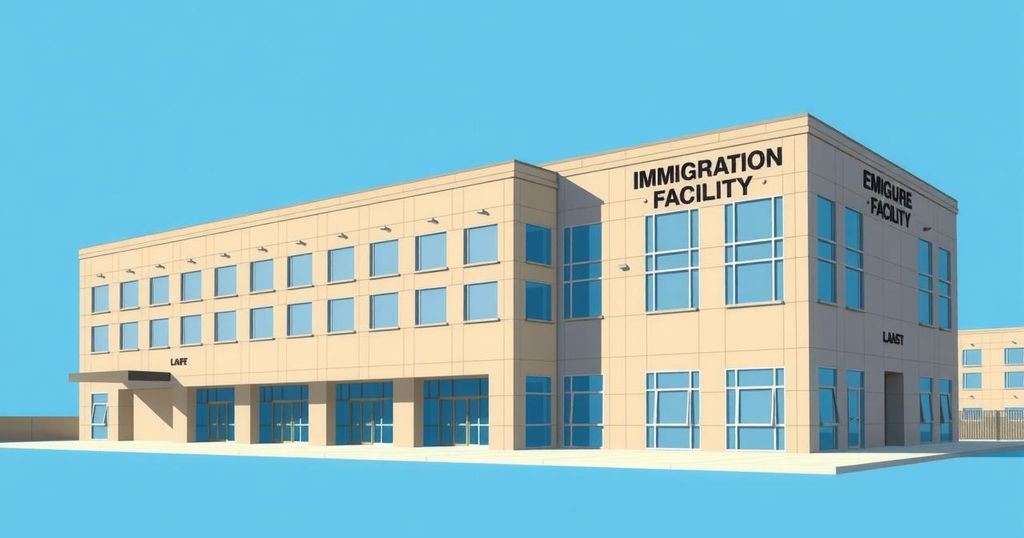Detention of Lebanese Doctor Raises Concerns Over Immigration Enforcement

Dr. Rasha Alawieh, a Lebanese doctor with an H1B visa, was detained by DHS at Boston’s Logan Airport. Employed by Brown University, her detention raised concerns within the institution. DHS did not justify her detention, possibly violating a court order. A hearing is scheduled to further address her situation.
Dr. Rasha Alawieh, a Lebanese doctor with a valid H1B work visa, was detained by the Department of Homeland Security (DHS) upon her arrival at Boston’s Logan International Airport on March 13. She had been hired as an assistant professor of medicine at Brown University, specializing in kidney transplants, and had previously trained at prestigious institutions like the University of Washington and Yale University.
Brown University’s Division of Nephrology expressed significant concern over her detention, stating that Alawieh held serious responsibilities and was essential to the department’s functioning. Despite her colleagues covering for her absence, they were unable to fully substitute her expertise in Transplant Nephrology.
Legal documents indicated that DHS did not provide a reason for Alawieh’s detention, and Customs and Border Protection (CBP) has yet to clarify her situation. CBP’s Assistant Commissioner of Public Affairs, Hilton Beckham, emphasized that arriving individuals must demonstrate their admissibility to the U.S., but the protocols followed have raised questions in this case.
A U.S. district court judge issued an order stating that Alawieh could not be deported without prior notice and justification from DHS. However, it appears that DHS might have violated this order, as they reportedly deported Alawieh to France, with plans to continue to Lebanon. Confirmation of this deportation remains uncertain. The upcoming hearing is set for Monday morning.
The case of Dr. Rasha Alawieh highlights significant issues in immigration enforcement, particularly concerning the treatment of qualified professionals with valid visas. Despite court orders, the DHS’s actions raise questions of legal adherence and implications for academic institutions relying on international expertise. As the situation unfolds, monitoring future hearings will be crucial to understand the legal ramifications and resolutions.
Original Source: abcnews.go.com







